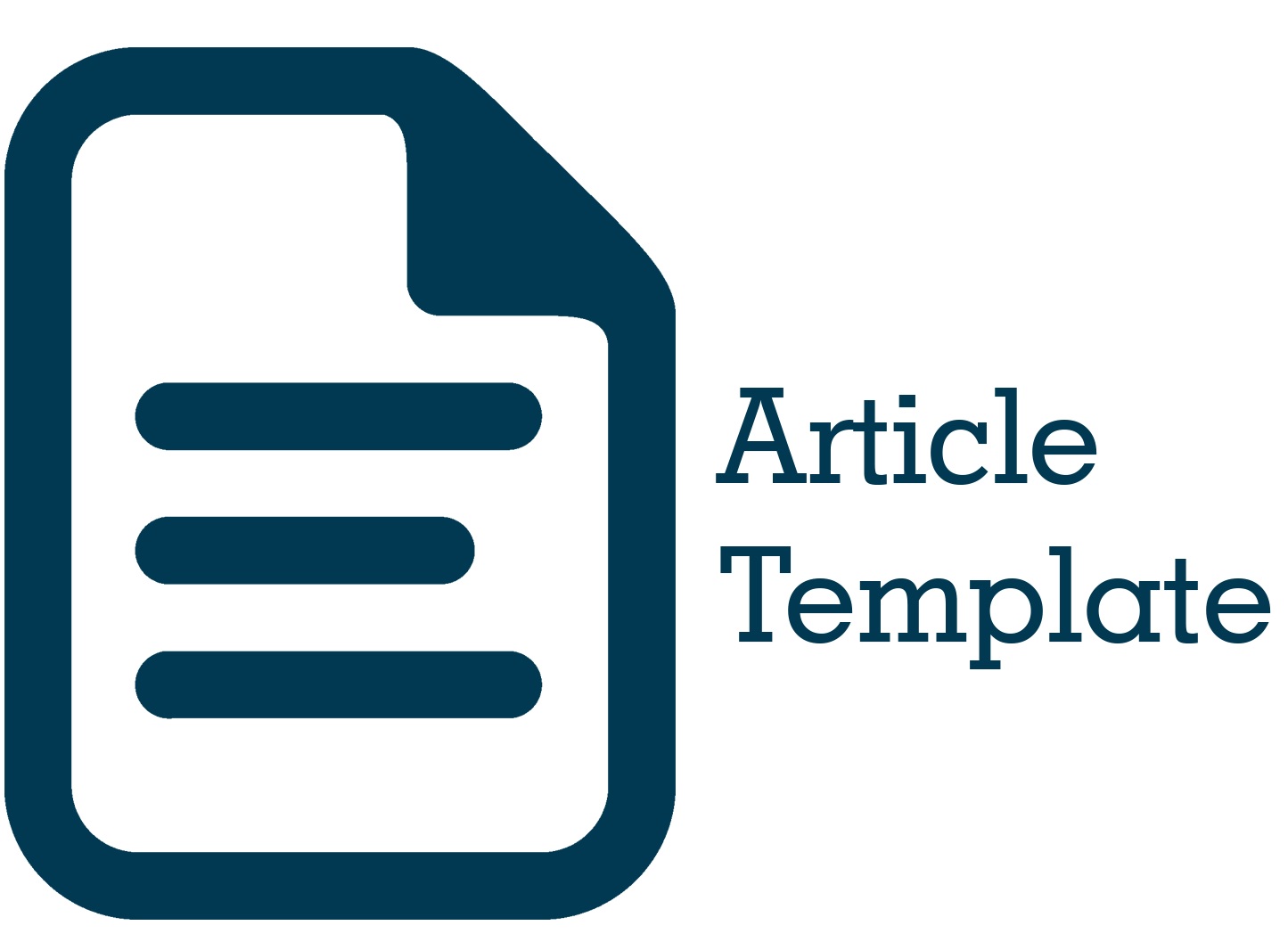Implementasi Program Jaminan Kesehatan Masyarakat Miskin
DOI:
https://doi.org/10.51135/PublicPolicy.v5.i1.p375-393Keywords:
Implementation, Poverty, JKMMAbstract
The study focuses on Health Insurance for the Poor, particularly through the JKN-KIS program, which provides health services to those in poverty lacking independent health insurance. Descriptive qualitative research methods such as observation, interviewing, and documentation were used to collect data. Primary data sources were informant interviews and observations, while secondary data came from the government website. The study was conducted at the District Social Service in Sidoarjo. Its purpose is to analyze the health insurance program for the underprivileged. Informants were identified using purposeful sampling, including the applicant community, Head of Social Security Protection, Data Manager, JKMM Service Officers, and Village Operators. Data analysis followed the Miles and Huberman interactive model, involving data collection, reduction, presentation, and conclusion drawing. Findings show that JKMM program policies are efficiently implemented, but some applicants do not understand changes in cooperation contracts with private hospitals, leading to uncovered health costs. Additionally, the SIPRAJA application, a service support, frequently encounters issues hindering the online service process.
Downloads

Downloads
Published
How to Cite
Issue
Section
License
Authors whose manuscripts are published in the Journal of Public Policy must agree to the following terms;
- Publication rights for all manuscript materials published are held by the editorial board with the author's consent.
- The legal formalities for digital access to the Journal of Public Policy are subject to the Creative Commons Attribution Sharealike (CC BY SA) license, which means the Journal of Public Policy has the right to store, redistribute, reformat, manage in a database, maintain, and publish the manuscript without seeking permission from the author as long as the author's name is included as the copyright owner.
- Published manuscripts are open access for the purpose of disseminating research results. Besides this purpose, the editorial board is not responsible for copyright law violations.


.png)



